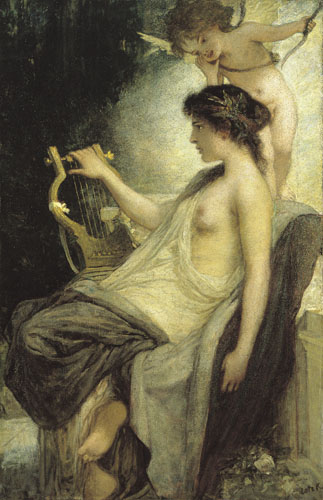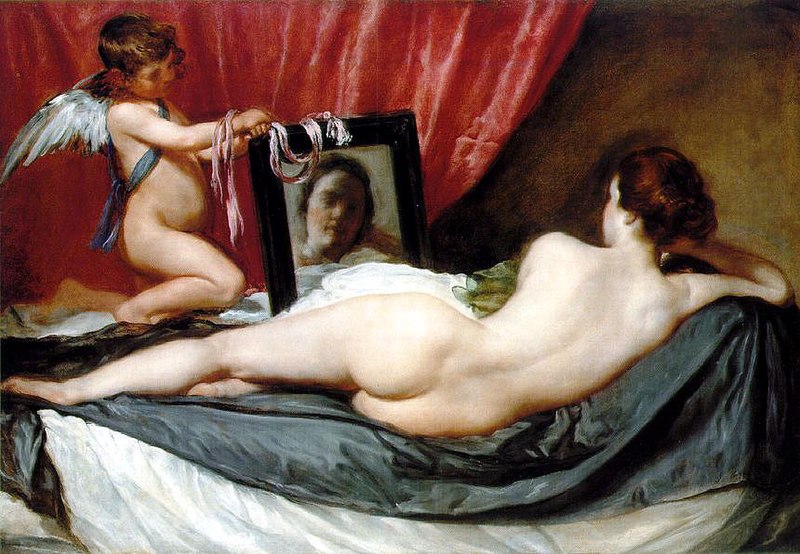Short Poems (1-49 lines):
- Orpheus Ascended From Hell, Eternal Haunted Summer, Winter Solstice 2012
- The Last Fate, Eternal Haunted Summer, Winter Solstice 2012
- The Light of Dreams, Mythic Delirium #27
- Scheherazade Tames the Desert, Space and Time Magazine #117 (Fall 2012)
- Hemera the Day, Eternal Haunted Summer, Autumn Equinox 2012
- Hemera's Honey, Eternal Haunted Summer, Autumn Equinox 2012
- A Metamorphosis of Dream, Ideomancer, September 2012
- The Forgotten God, The Pedestal Magazine
- The Apple Thief, Polu Texni, 2012
- Give Me Pluto, Strange Horizon (ETA: Nominated for the Rhysling Award 2013 in the Short Poem category.)
- Feral Dream Orphanage, Jabberwocky 12, 2012
- The Slain, Polu Texni, 2012
- Kepler's Music, Strange Horizons
- A Hero's First Task, Kaleidotrope Summer 2012
- New Worlds, Abyss & Apex
- Anubis Whispers, Eternal Haunted Summer, 2012
- Hades, the Gatherer, Eternal Haunted Summer, 2012
- Errant Water, Star*Line35.2
- The Girl With Bees In Her Mouth, Star*Line 35.2
- The Golem on My Tongue, Goblin Fruit (Spring 2012)
- The Forest King, Mythic Delirium #26 (The issue was reviewed by Brit Mandelo at Tor.com. Brit about The Forest King: "The call-and-response lyricism of the alternating stanzas between the forest king and the narrator is an effective vehicle for the potency of the poem, shaped as it is by traditions of myth and story-telling.")
- A Different Scheherazade, Mythic Delirium #26
- The Fall Queen, Bull Spec #7, 2012
- Binnorie, inkscrawl #3, 2012
- Cerberus, Seeking Lethe, Strange Horizons, 2012
- Becoming the Sea, NewMyths.com Issue 18, 2012
- This Desert In His Soul, Eternal Haunted Summer, Spring Equinox 2012
- Isis Conquers All, Eternal Haunted Summer, Spring Equinox 2012
- The Djinn's Wife and Her Mosaic of Wishes, Andromeda Spaceways Inflight Magazine #53, 2012
- The Tally Of Forgotten Dreams Kept By Morpheus, Dreams & Nightmares #91, 2012
Short Stories:
- All the King's Horses, All the King's Men, Jabberwocky #16
- A Lie Written In Scarlet, Cabinet des Fées Scheherezade's Bequest #16, September 2012
- The Castle of Ashes, Red Penny Papers















